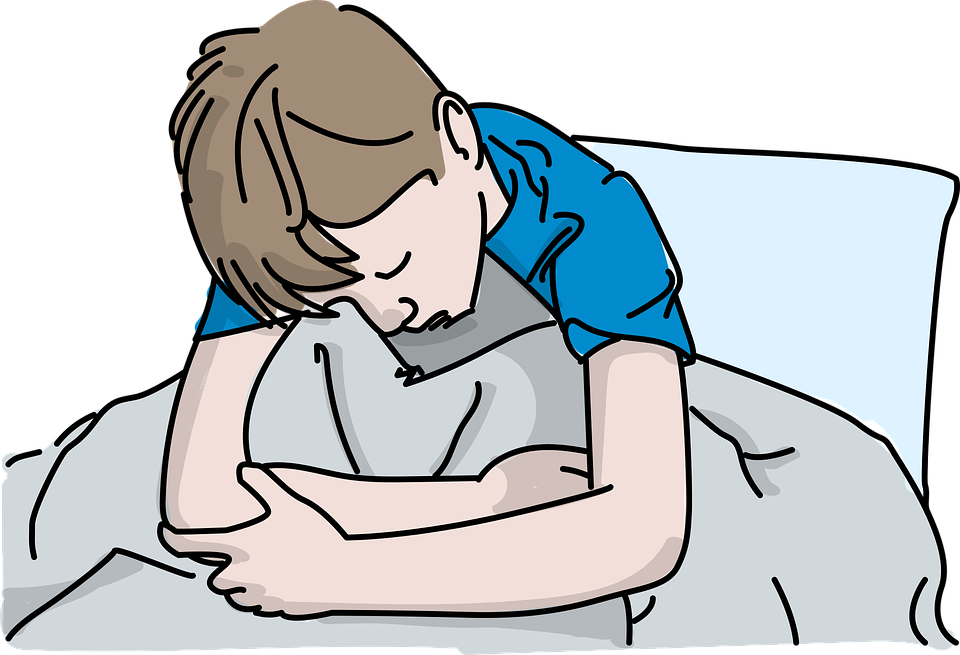What Causes Parkinson’s Disease?
Parkinson’s disease is a continuous nervous system disorder that is likely to affect movements. In the early stages of this disorder, your face may start to show little or no expression. Also, your arms may not swing when walking. These are some of the common symptoms and signs that you are likely to see.
Environmental Factors
Exposure to specific toxins or other environmental factors can increase the risk of Parkinson’s disease. According to different studies conducted, it is confirmed that various changes occur in the brain of the affected people. One of the frequent changes that you can get is the presence of Lewy bodies.
Genes
 Researchers have confirmed that specific genetic mutations can end up causing this disease. Even if they happen in rare cases, it is confirmed to be one of the causes. However, gene variations appear to spread this disease to their family members and close relatives. If your father is or was suffering from this disorder, the chances are that you can also be a victim.
Researchers have confirmed that specific genetic mutations can end up causing this disease. Even if they happen in rare cases, it is confirmed to be one of the causes. However, gene variations appear to spread this disease to their family members and close relatives. If your father is or was suffering from this disorder, the chances are that you can also be a victim.
Low Dopamine Levels
Researchers and scientists have linked falling and low levels of dopamine with Parkinson’s disease. In most cases, this is likely to happen when the cells that produce dopamine die in the brain. It is crucial to understand that dopamine plays a significant role in sending messages to a specific part of the brain that controls coordination and movement. Therefore, if dopamine levels decrease in a person with Parkinson’s disease, their symptoms will be severe.
Loss of Nerve Cells
One of Parkinson’s disease’s significant causes is the loss of nerve cells in a specific part of the brain known as substantia nigra. It is crucial to note that nerve cells play a significant role in the mind since they are responsible for producing dopamine. As mentioned above, dopamine acts as a messenger. Therefore, if the nerve cells become damaged or die, the amount of dopamine in the brain is reduced.
Low Norepinephrine Levels
Norepinephrine is a neurotransmitter that is crucial for controlling various automatic body functions, including blood circulation. When you have low norepinephrine levels in your body, you are likely to suffer from this disease and experience other issues such as movement problems.…

